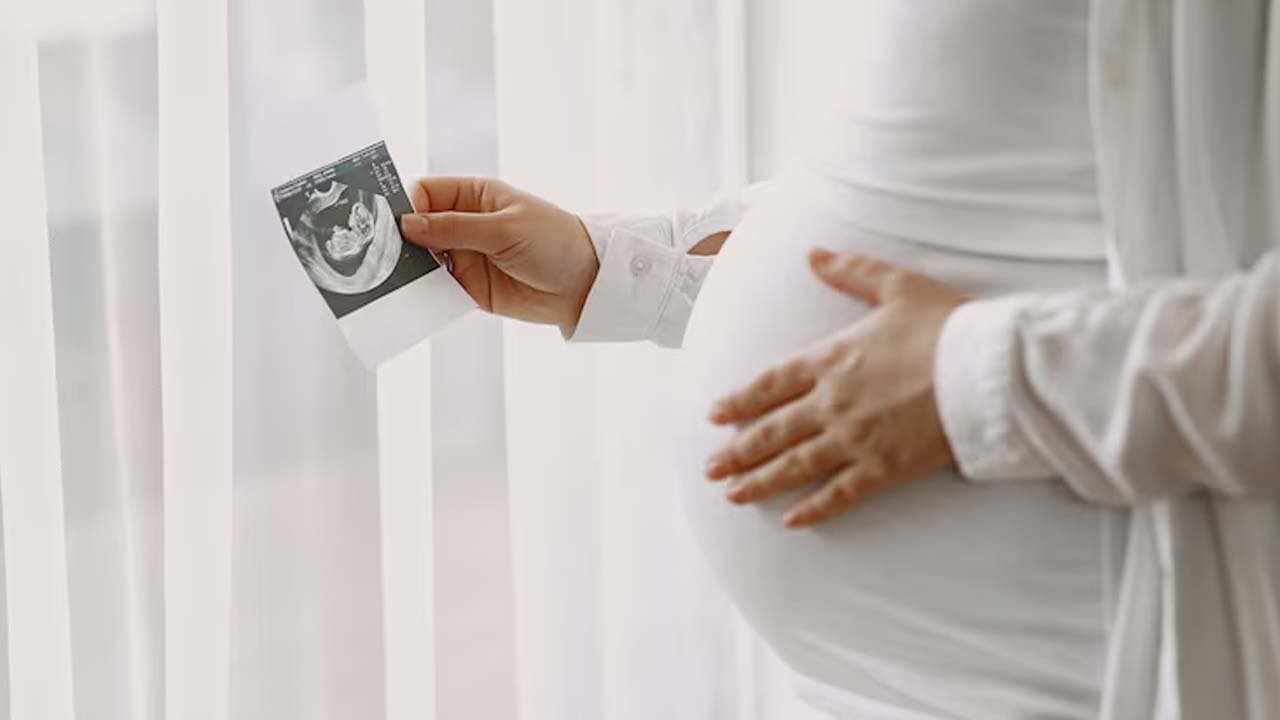Planning a pregnancy after 35 can be a beautiful and empowering journey when backed by the right knowledge and health support. Understanding the essential medical and lifestyle factors helps women prepare confidently for a safe and healthy pregnancy.
Pregnancy after 35 has become common, but it takes with it a variety of health issues. While millions of women have safe and healthy pregnancies later in life, information and preparation can go a long way in making the journey less hard on a woman. Here are eight very important things that every woman should know before planning a pregnancy after 35.
8 Things Everybody Must Need to Know When Planning for Pregnancy After 35
1. Fertility Declines Naturally After the Mid-30s
Eggs are formed during the fetal stage and are in a finite number at birth. Egg quality and quantity are decreased as a woman ages, thus affecting his or her fertility. This makes it more difficult to become conceived, thus may warrant monitoring of ovulation and early consultation with a doctor.
2. Preconception Evaluation is Important
A complete medical surveillance of the full gambit of reproductive evaluation, hormone levels, and thyroid function is advisable. Supplements for a good start, like folic acid, may be prescribed.
3. More Risk, Not Increased Probability of Adverse Outcome
Pregnancy after 35 enjoys slightly increased risk factors for issues like gestational diabetes, high blood pressure, and chromosome abnormalities. Yet with regular check-ups, the respective risks may be reduced drastically.
4. Lifestyles Affect Fertility Adversely
For overall good health for pregnancy, good nutrition, exercise, reduced stress levels, and avoiding smoking and alcohol can improve both fertility and a healthy pregnancy.
5. Fertility Treatments Are Available
IVF, IUI, and egg freezing can help achieve pregnancy goals. A lot of recommendations urge women over 35 to consult a fertility specialist if natural conception has not occurred after 6 months.
6. Genetic Screening May Be Recommended
To screen for genetic abnormalities, doctors may suggest that the pregnant woman do non-invasive prenatal testing (NIPT). The tests are safe and allow prospective parents to make informed decisions.
7. Energy & Recovery Level May Be Different
Pregnancy and postpartum recovery may physically test a woman in late 30s and beyond. Build stamina through the use of exercise and plan on catching up on rest here and there, as it may help immensely.
8. Mental Readiness Is Important
Pregnancy later in life comes with mixed feelings of exhilaration, anxiety, and social pressure. Support from a partner, family, and even a therapist is essential to maintaining mental health during the journey.
It is very much achievable to have a pregnancy after 35. Millions of women do it safely every year. Thus, with proper medical guidance, healthy habits, and emotional support, you can enjoy a very confident and informed pregnancy journey.
